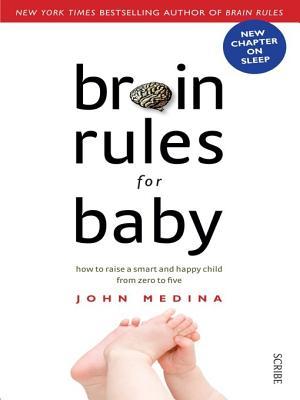When such technology was used to evaluate infant brain activity during bed sharing, researchers uncovered why their sleep was more unsettled. Baby’s sojourns through the “quiet phase” of sleep was shorter than for infants who were not co-sleeping. They also woke up more often during that phase than their independently sleeping controls, so even the quality of the quiet phase they got was disturbed.
Welcome back. Just a moment while we sign you in to your Goodreads account.


